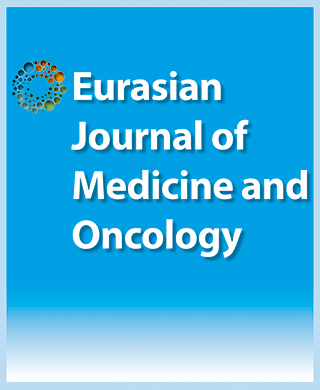

Type 2 Diabetes Mellitus and the Gut Microbiota: Charting New Territory for Sodium-Glucose Co-Transporter 2 Inhibitors
Natalia Stepanova11Professor of Medicine, Medical Director of the Medical Center LLC “Nephrocenter” Dovzhenka 3 Kyiv, Ukraine,
The gut microbiome is a dynamic microecosystem within us that actively influences health beyond digestion. It impacts energy regulation, the immune response, and even drug metabolism. People with type 2 diabetes mellitus (T2DM) ex hibit variations in the gut microbiota, linking gut dysbiosis to metabolic dysfunction. In the pursuit of novel therapeutic strategies for T2DM, the intricate interplay between sodium-glucose co-transporter 2 (SGLT2) inhibitors and the gut microbiota emerges as a promising frontier. Renowned for their effectiveness in glycemic control, SGLT2 inhibitors have a range of benefits, including renoprotection, weight loss, blood pressure reduction, and cardiovascular protec tion. Although the exact mechanisms responsible for these multifaceted advantages remain unclear, recent evidence indicates that SGLT2 inhibitors potentially affect the gut microbiota. This review sheds light on the potential benefits of SGLT2 inhibitors mediated by their influence on the gut microbiota in the management of T2DM by examining the current understanding and developments in this field of research. Keywords: Type 2 diabetes mellitus, gut microbiota, sodium-glucose co-transporter-2 (SGLT2) inhibitors, treatment, prevention
Cite This Article
Stepanova N. Type 2 Diabetes Mellitus and the Gut Microbiota: Charting New Territory for Sodium-Glucose Co-Transporter 2 Inhibitors. EJMO. 2024; 8(1): 1-8
Corresponding Author: Natalia Stepanova



